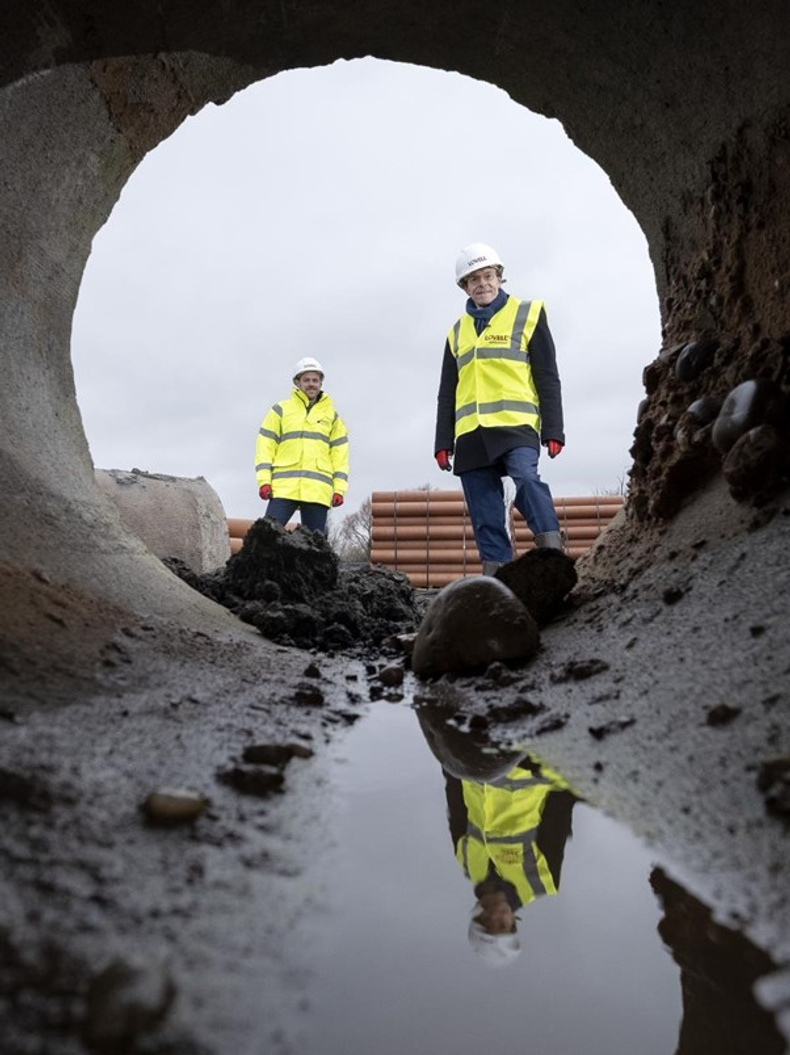Number of new homes being built higher than before Covid - WMCA

The number of new homes being built in the West Midlands Combined Authority (WMCA) area has bounced back from Covid to such an extent it is now higher than before the pandemic first struck, latest figures have shown.
In the 12 months to March 2022, there were 16,730 net additional homes - 203 more than in the year up to March 2020 when Covid first took hold and lockdowns came into force.
Despite a substantial dip during the pandemic when only 12,548 new homes were built between March 2020 and March 2021, the WMCA region 's strong house building recovery means it remains on track to deliver the 215,000 new homes it needs by 2031 to help meet future housing and economic needs.
Thousands of homes are a direct result of a 'brownfield first ' approach by the WMCA which continued to invest tens of millions of pounds throughout the pandemic to unlock derelict industrial sites for new homes and commercial premises.
Since signing a landmark housing deal with Government in 2018, WMCA investments alone have delivered more than 8,000 new homes, 12,000 new jobs and 3.8 million sq ft of commercial floorspace.
Andy Street, mayor of the West Midlands and WMCA chair, said: “Covid hit this region 's economy particularly hard, and our recovery has been hampered more recently by cost-of-living pressures and high inflation.
“So, to see house building return to pre-pandemic levels across our region is welcome news indeed, especially for the thousands of local people working in the construction industry.
“It also vindicates our decision to carry on investing throughout the depths of the pandemic to regenerate more brownfield sites with a strong focus on energy efficient and affordable homes.
To meet its ambitious target of 215,000 new homes by 2031, the region must build an average of 15,257 homes each year. The latest net additional figures released by Government show that over the last five years the region has averaged 15,474.
Despite two years of lockdowns and supply chain issues, the latest figures also reflect the region 's growing reputation as a national leader in brownfield regeneration, using the £600m it has secured from Government since 2018 to unlock wider benefits and outcomes for the whole West Midlands.
Cllr Mike Bird, WMCA portfolio holder for housing, property and regeneration and leader of Walsall Council, said: “Despite these encouraging new figures there will be no let-up in our drive to build new homes and communities where they are needed most.
“Brownfield regeneration to provide good quality, affordable homes for local people and modern workspaces for businesses to grow, prosper and create new jobs remains a key part of our Plan for Growth strategy which is aimed at building a sustainable and inclusive economic recovery.
Pictured: Andy Street, Mayor of the West Midlands (right) and Stuart Penn, regional managing director for Lovell at the Lockside housing development on the former Caparo steel works site in Walsall
